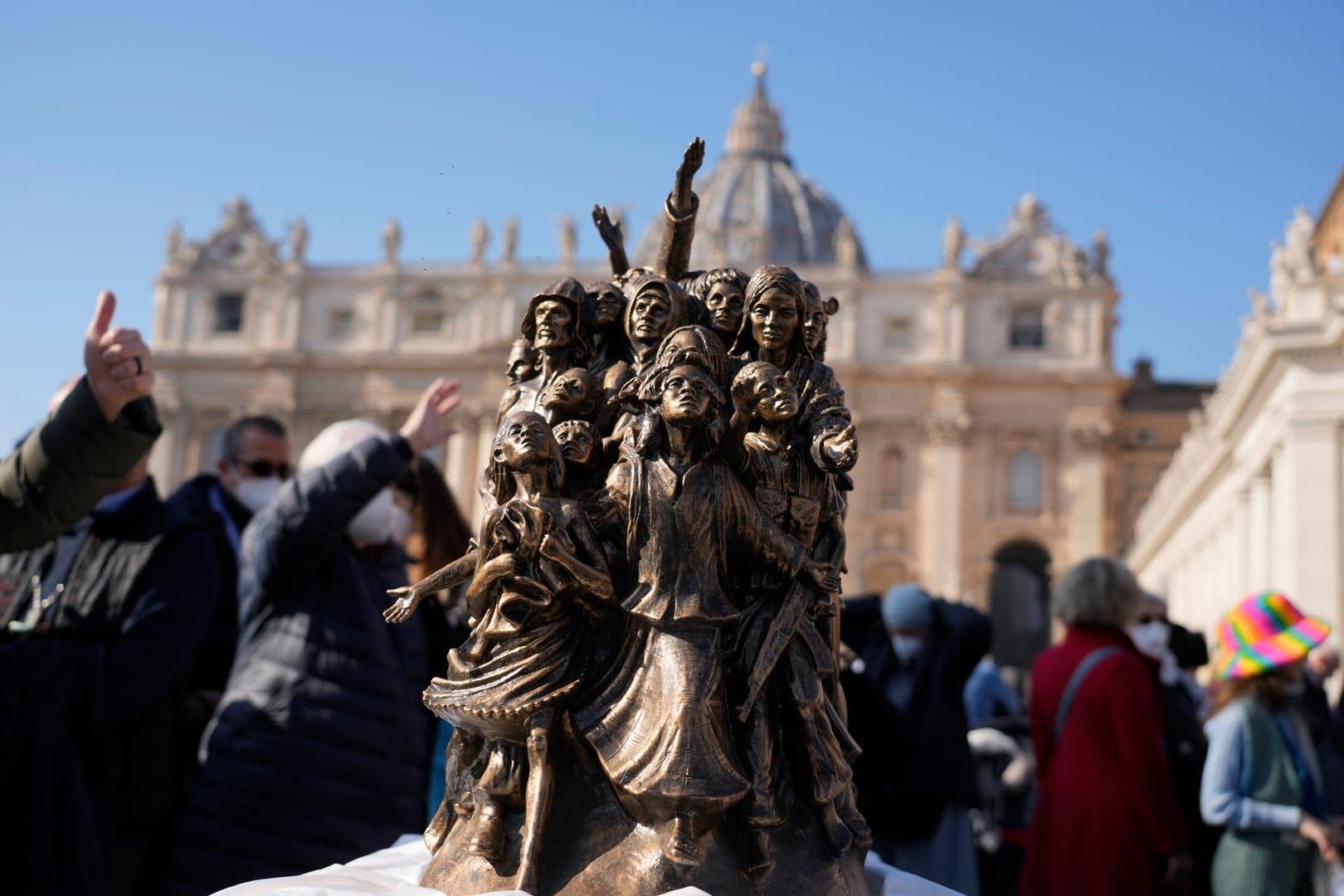NEW YORK – On the International Day of Prayer and Awareness Against Human Trafficking, Bishop Mark Seitz of El Paso, Texas, has called on Catholics to unite in prayer and action to combat what is referred to as “modern-day slavery,” and urge policymakers to act.
The International Day of Prayer and Awareness Against Human Trafficking is observed by Catholics across the globe on Feb. 8. The day coincides with the feast day of St. Josephine Bakhita, patron saint of those impacted by the sin of human trafficking.
“Human trafficking is not only a serious crime – it is a rejection of the God-given dignity of every human being,” Seitz, chairman of the United States Conference of Catholic Bishops Committee on Migration, said in a Feb. 6 statement.
Seitz said the U.S. bishops stand firmly alongside Pope Francis in shedding light on “this global injustice.” Globally, an estimated 27 million people – oftentimes marginalized and vulnerable individuals – are exploited for labor, services, and commercial sex, according to the U.S. State Department’s 2024 Trafficking in Persons Report.
“As Pope Francis reminds us, we must mobilize our resources in combating trafficking and accompanying those who have been exploited in this way,” Seitz said. “… As Catholics, we are called to face this issue with both courage and compassion, to initiate hard conversations, and to confront the harsh realities of trafficking and exploitation.”
Seitz also highlighted the need for Catholics and Catholic leaders to continue to urge policymakers at all levels of government to continue to act to stop human trafficking, including by bolstering existing protections and expanding services for survivors.
While he also touted the importance of the Trafficking Victims Protection Act, which was passed in 2000 and with a focus on prevention, protection, and prosecution, Seitz expressed concern that progress could be stymied, or negated, by potential policy actions of the Trump administration.
“Unfortunately, many of the proposals currently being discussed would weaken or eliminate decades of bipartisan progress on this issue. We must reject policies that lead to expanded opportunities for bad actors to prey on the vulnerable, whether within or beyond our country’s borders,” Seitz said.
He said St. Josephine’s life is a reminder that the fight against human trafficking is not just a social issue but a spiritual mission. As a survivor of human trafficking, St. Josephine’s journey “from captive to religious sister is a powerful testament to hope, healing, and unyielding resilience,” he added.
“We seek the intercession of Saint Josephine as we pray for an end to human trafficking and for the healing, protection, and safety of all victims and survivors alike, especially for children and those in our society who are afraid to seek help because they are marginalized,” Seitz said.
Follow John Lavenburg on X: @johnlavenburg















